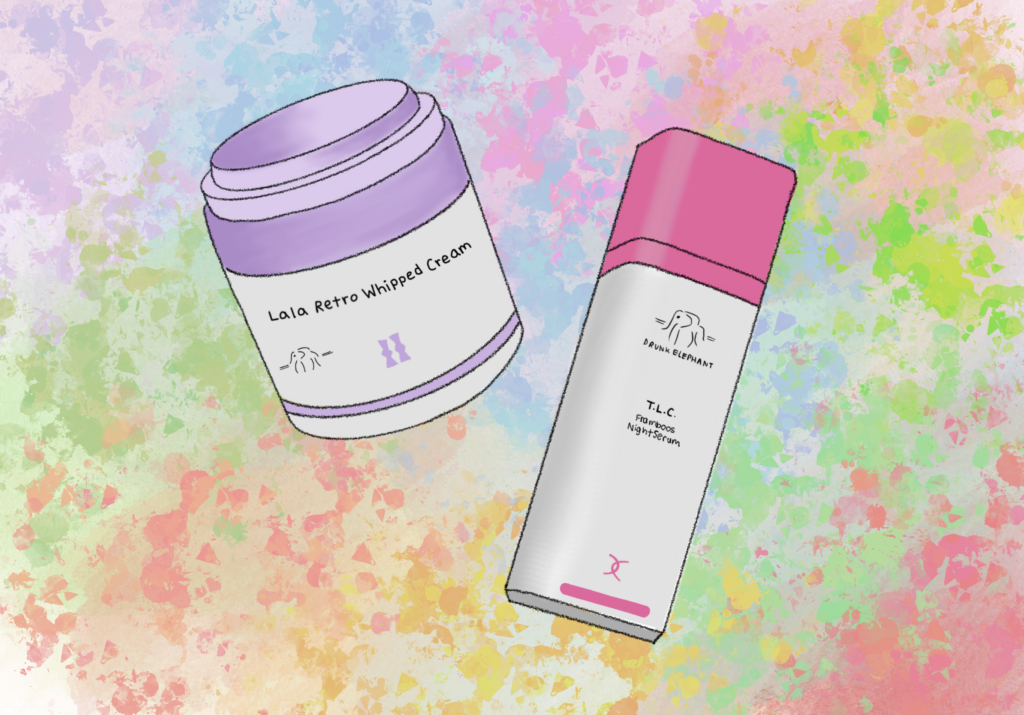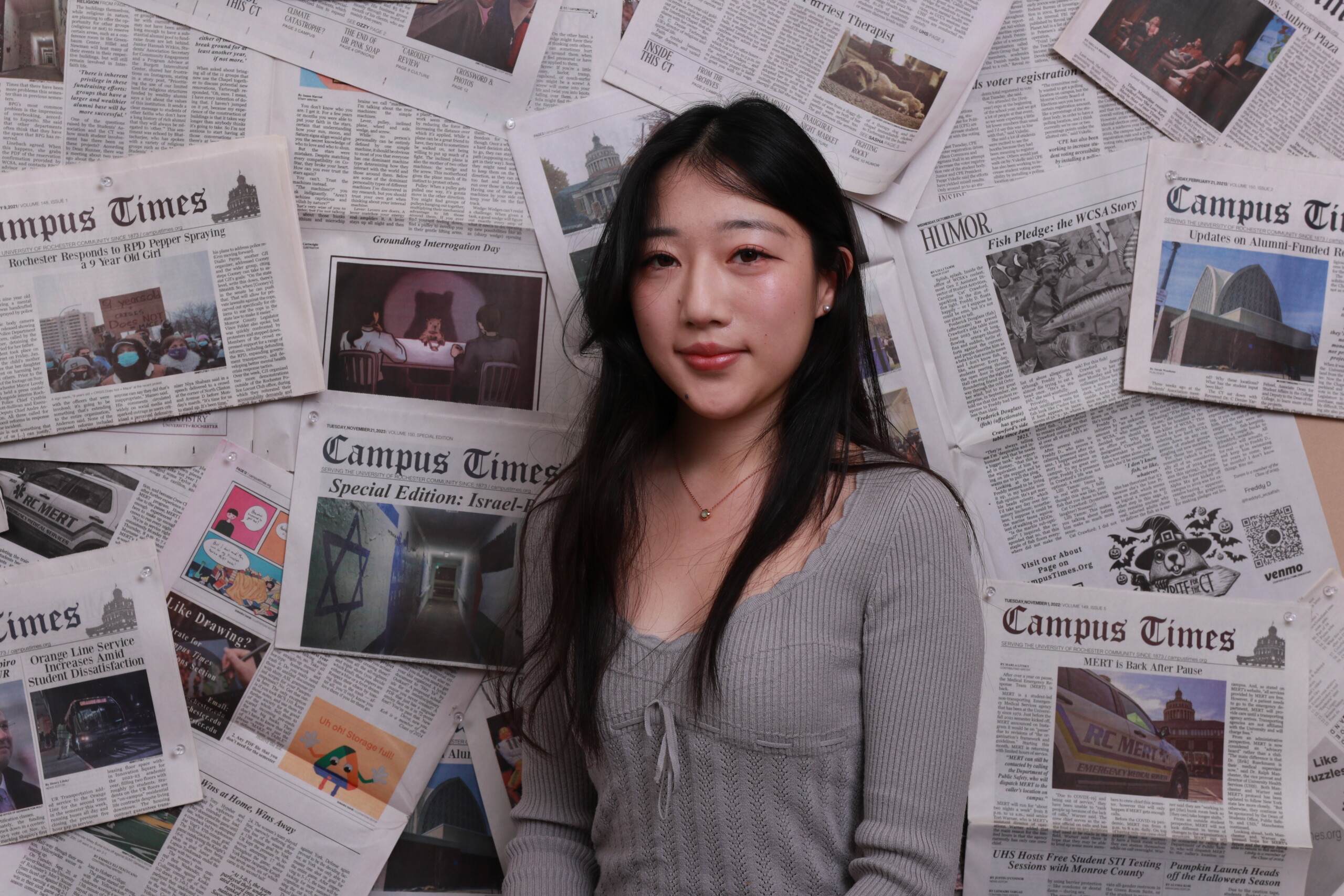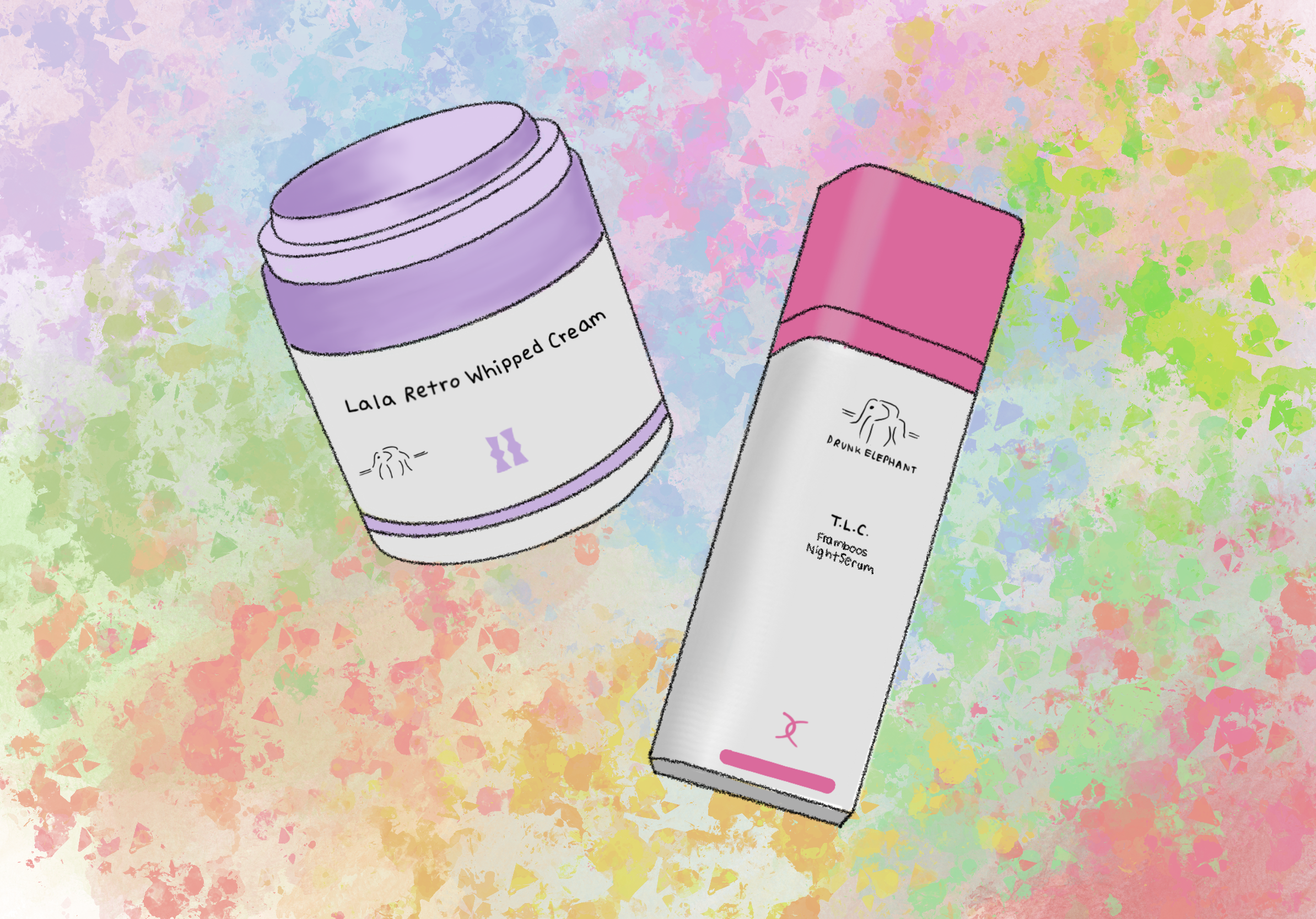“Choice cannot make an unjust or exploitative practice or act somehow, magically, just or non-exploitative.” — Heather Widdows, “Perfect Me.”
Forty-five minutes per day, times roughly five days a week, times 52 weeks a year, and finally by four years: 46,800 minutes, or 780 hours over the last four years spent doing my makeup. And it’s a conservative estimate at that — one that likely doesn’t account for the hours accumulated spent despising my appearance in back-camera photos, touching up lip gloss in the mirror, and the wealth of self-maintenance practices ranging from skin to hair to nails to physique — you get the gist.
I often find myself curious what motivates this incredibly time-consuming, ritualistic need for self-maintenance and presentation almost ubiquitous among women; it’s a question especially salient in my mind when I forcibly extricate myself from the vices of deep slumber to get ready at 7 a.m. before an 8 a.m. exam. There’s undeniably a degree of truth to understanding these borderline compulsions as motivated by self-satisfaction. I do genuinely enjoy putting on makeup sometimes, and reveling in a specific, patient happiness in filling out its myriad of dainty and perfectionistic details.
And it’s tempting to stop here; to not venture further in our understanding of, admittedly, a deeply complicated and personal issue. Though I don’t mean to take away the sense of genuine empowerment many might derive from these practices, many women will insist that they put on makeup entirely for themselves, rejecting any sense of acknowledgement to the role that social or patriarchal pressure might play.
But, I’d argue, this alone is inadequate to explain the present craze around physical appearance, especially considering the narcissistic yet intensely self-critical modern attitudes towards appearance that pervade every corner of social media. The “choice feminism” which pushes claims of makeup being for makeup’s sake ignores the fact that beauty has seemingly become a matter of public affirmation: something not to be privately treasured or realized, but instead something that, in its highest, most desired form, draws a type of universal and objective consensus — one which necessitates publicization to attain.
Modern conceptions of beauty are also highly comparative — how else are we to explain terms like “TikTok pretty,” or “a New York 10” versus a “Miami 10”? The former is inextricably tied to the type of universally recognized beauty standard that generates the desired, viral praise which subsequently consecrates an individual’s categorization as “TikTok pretty.” If we take a look at the comments garnered by a post by someone deemed “TikTok pretty,” they’re filled with girls — usually young and impressionable — commenting self-deprecating things or expressing their desire to attain the type of beauty that they perceive the poster to have. What’s more, ideals of beauty such as a “Miami 10” or other contextual designations are highly interconnected to external, metropolitan privileges that are afforded to those who fit these ideals: endless praise, free drinks, and free entrance to coveted or luxurious places.
There’s something deeply ironic and darkly humorous about this culture of visual comparison and categorization, which is so pervasive that the Internet’s attempt at being self-aware about how patriarchal pressures influence beauty standards only result in terms like “girl pretty” and “boy pretty” — regressive, patronizing phrases which quickly proved to be as categorically useless as they are demeaning. Among those who used and endorsed these terms, a common thread seemed to be that natural, “pure” beauty was understood to be “girl pretty,” while heavy makeup and curvy bodies were termed “boy pretty” for allegedly attracting primarily male affirmation. It’s sickening to think about how the product of supposed self-awareness was only further competition between and degradation of women — often women of color — who, often by no choice of their own, were designated publicly as garnering either the apparently sacred praise of women or the prying, objectifying praise of men.
It’s exhausting, really, and horrid to digest in its entirety; to reckon with the self-scrutinizing, minimizing social landscape that is the current inescapable state of social media. Yet, the explosive growth of this culture of extreme vanity is not necessarily unwarranted or baseless, even despite largely being the product of chronic Internet discourse.
Beyond the monetary privileges of free drinks and free entry, there’s a growing understanding of the dimension of social capital and privilege that can be achieved through beauty. The associations between attractiveness and personal success are proven and nothing new, but the contemporary media’s incessant promotion of beauty and its pursuit as a key facet of womanhood centers beauty as an imperative for all women and feminine-presenting people, not just for those who are especially interested in skincare or makeup. Subtle associations — like how a bold lip or fierce eyeliner emboldens a more fiery or alluring personality, or how natural makeup creates a version of you that is “you but better” — enforces ideas that the best version of yourself is not yourself, but a version of you that is altered.
Admittedly, this mindset is one that I’m deeply familiar with. If I’m to be particularly self-diagnostic, I’d say there are certain aspects of my personality that I feel comfortable expressing only when I feel that I embody a certain physical version of myself — one that I feel is appropriately congruent. It feels dystopian and embarrassing to admit, but I feel that I can only justify authority, or any semblance of it, when my physical appearance “substantiates” it. Put differently, my confidence and capacity for leadership is almost directly tied to my sense of feeling visually “good.” And this sort of thinking isn’t necessarily baseless — I’ve noticed genuine differences in the way people treat me, and their level of attention or respect towards my words depending on my appearance. Try as I might to mitigate this feeling, I find it almost impossible to rid myself of the feeling that my face, unaltered, projects naivete and immaturity in a way that stands in direct opposition to the type of person I wish to be.
Sadly, this type of thinking does not occur in isolation — quite the opposite, it seems, given how massive the beauty and skincare industry have become. Without denying the personal fulfillment aspect of self-care practices like skincare or makeup, there is value in recognizing the predatory nature of such industries, which profit directly from generating new insecurities and treating appearance like it is rotatable and adjustable — a treatment not unlike that of fashion trends. There are obviously problematic aspects to this; even without delving into the various consequences of fast fashion, there is nothing disposable about our physical appearance like clothing might be, and thus such treatment can easily create a perpetual cycle of self-criticism and dissatisfaction.
It is difficult, and easier said than done, but it is in our best interest to recognize the role that social pressure plays in creating our desire to be beautiful. We cannot change society and its generations of precedent overnight, but we can work to better our treatment of others, and, most importantly, ourselves.



